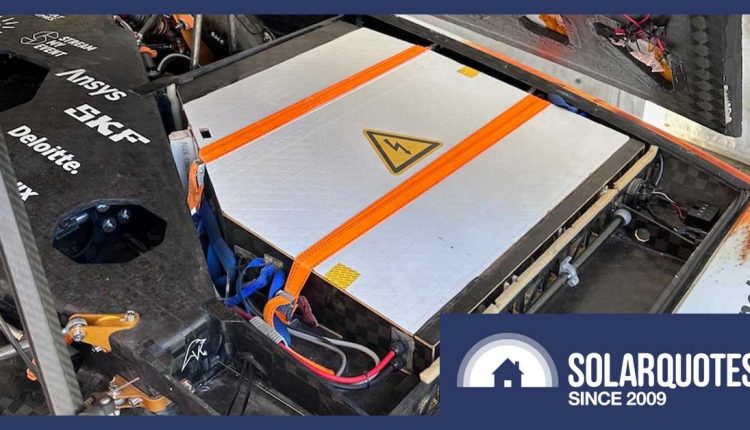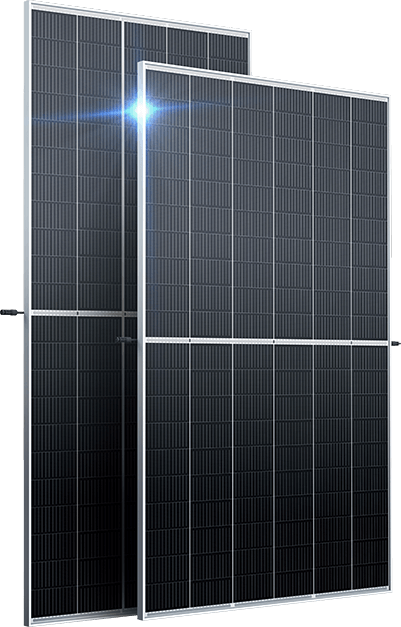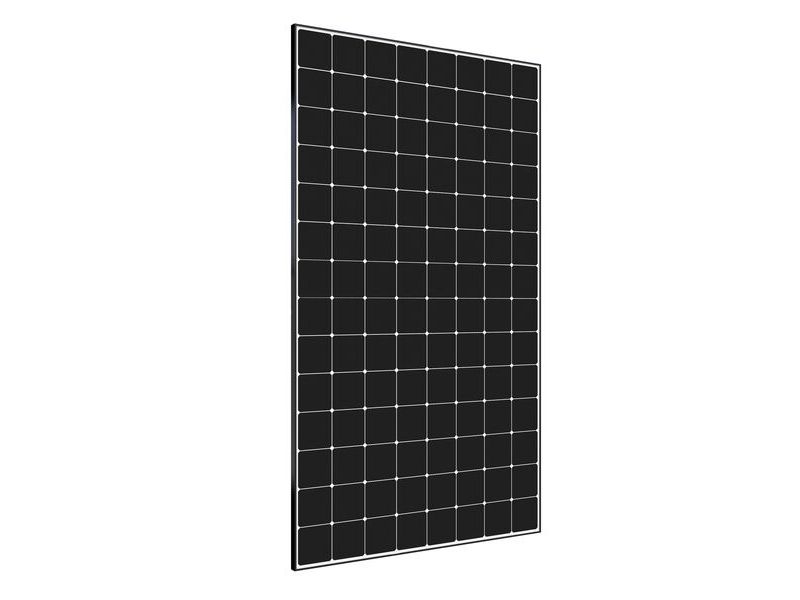Cutting-Edge Batteries From Amprius Dominate The World Solar Challenge
The Amprius battery pack in the third-placed Brunel ‘Nuna 12’ solar race car.
The Bridgestone World Solar Challenge is not just a race. It’s a tough test for solar-powered cars, travelling a 3,000-kilometre stretch from Darwin to Adelaide. Every year, this race shows off the latest and best in solar, battery and EV technology.
This year, something special happened. The only four cars with batteries from Silicon Valley battery startup Amprius snagged the top four spots. This makes me wonder: Did this battery tech give the teams an unfair advantage or did Amprius savvily choose to work with only the top teams. Or was it a bit of both?
The winning car from Belgian Solar Team, Innoptus, covered the 3000 km from Darwin to Adelaide with an incredible average speed of 88 kph and an Amprius battery pack inside.
Rules, Rules, and More Rules
The race has strict rules about energy storage to make sure it’s a fair and real test for new technologies. There’s a lot of detail in these rules, covering everything from the type and weight of the batteries to how they operate. Read also : array. For example, there’s a rule that solar cars can only have 20kg of Li-ion, or in Amprius’ case, Li-Polymer cells.
Cosmos Magazine quotes the event’s long-serving director Chris Selwood:
“Our regulations define the battery storage limits on the electrochemical compound. With this new [Amprius] technology that we’ve got out of Silicon Valley, it’s quite clear that the electrochemical compound falls within the regulations. The fact that there’s about 30% more [specific energy], because of the nanotechnology they’ve employed in the construction came as a surprise, and as a delight to those that were able to get hold of it”
Let’s Talk Numbers
Amprius touts a remarkable 450 Wh/kg specific energy for their pouch batteries: Read also : FirstEnergy points RFP for Solar Power Credit.
Image: Amprius
The air-cooled battery packs in the cars, according to the teams I talked to, had a capacity of 8 kWh. Given the 20kg weight limit for battery packs, this indicates a specific energy closer to 400 Wh/kg. For comparison, Tesla’s top battery pack is estimated at around 290 Wh/kg.
A note on Energy Density vs Specific Energy of Batteries (from The SolarQuotes Glossary):
The higher the energy density of a battery the more energy it has per litre of volume. This is different from specific energy which refers to energy per kilogram. The higher the energy density the less space a battery will take up per kilowatt-hour. And the higher the specific energy the less a battery will weigh per kilowatt-hour.
A Bit About Amprius Technologies
Amprius Technologies started in 2008 and based in California (over the road from the Tesla factory), is all about making better batteries with silicon anodes that store more energy per kg compared to the usual graphite anodes, and can charge and discharge faster. To see also : Town of Dunkirk approves Brigham Road solar project.
The limiting factor of this technology appears to be cycle life with Amprius only claiming ‘hundreds of cycles’ with the current tech:
From the Amprius website
What This Could Mean for EV Range
If Amprius can improve the cycle life of these batteries from ‘hundreds of cycles’, and if, for example, Tesla gets to use them, their cars could realistically see a 30% boost in range. The Tesla Model 3 Long Range could get a step change from 629 km to 817 km per charge1. That’s pretty exciting.
I wonder how many teams will choose Amprius batteries in the 2025 race.
Footnotes
- WLTP range – your results will vary ↩






Comments are closed.